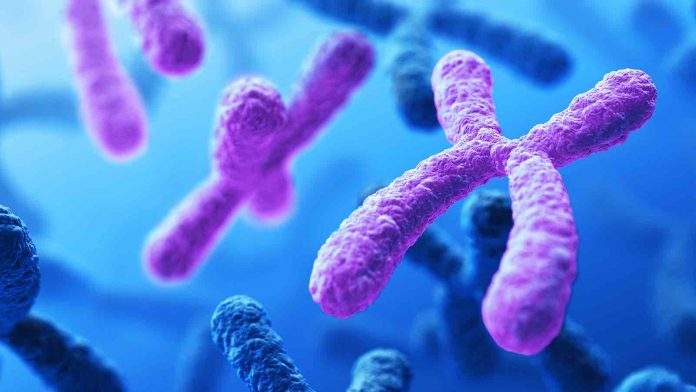A recent study suggests that “a genetic variant of a brain receptor molecule may contribute to violently impulsive behavior when people who carry it are under the influence of alcohol,” according to a study carried out by David Goldman, M.D., and colleagues. Accordin to Goldman, “Impulsivity, or action without foresight, is a factor in many pathological behaviors including suicide, aggression, and addiction…But it is also a trait that can be of value if a quick decision must be made or in situations where risk-taking is favored.” Goldman and colleagues studied violent offenders in Finland whose crimes exhibited a serious lack of impulse control. Interestingly enough, Goldman has a distinct reason for choosing inhabitants of Finland:
“We conducted this study in Finland because of its unique population history and medical genetics…Modern Finns are descended from a relatively small number of original settlers, which has reduced the genetic complexity of diseases in that country. Studying the genetics of violent criminal offenders within Finland increased our chances of finding genes that influence impulsive behavior.”
The researchers found the following:
The researchers sequenced DNA of the impulsive subjects and compared those sequences with DNA from an equal number of non-impulsive Finnish control subjects. They found that a single DNA change that blocks a gene known as HTR2B was predictive of highly impulsive behavior. HTR2B encodes one type of serotonin receptor in the brain. Serotonin is a neurotransmitter known to influence many behaviors, including impulsivity.
“Interestingly, we found that the genetic variant alone was insufficient to cause people to act in such ways,” notes Dr. Goldman. “Carriers of the HTR2B variant who had committed impulsive crimes were male, and all had become violent only while drunk from alcohol, which itself leads to behavioral disinhibition.”
“Discovery of a genetic variant which predicts impulsive behavior under certain conditions in one human population may have much wider implications,” says NIAAA Acting Director Kenneth R. Warren, Ph.D. “The interaction with alcohol intoxication is interesting, as is the apparent involvement of a neurotransmitter pathway that has been regarded as important in addictions and other behavior.””.
The researchers tested the hypothesis that the HTR2B gene was responsible for a tendency towards increased impulsivity by turning the gene off in mice. As they expected, the mice became more impulsive. Goldman warns, however, that this gene alone cannot exhaustively explain impulsivity in general, and that a great deal more research needs to be done in this area.








